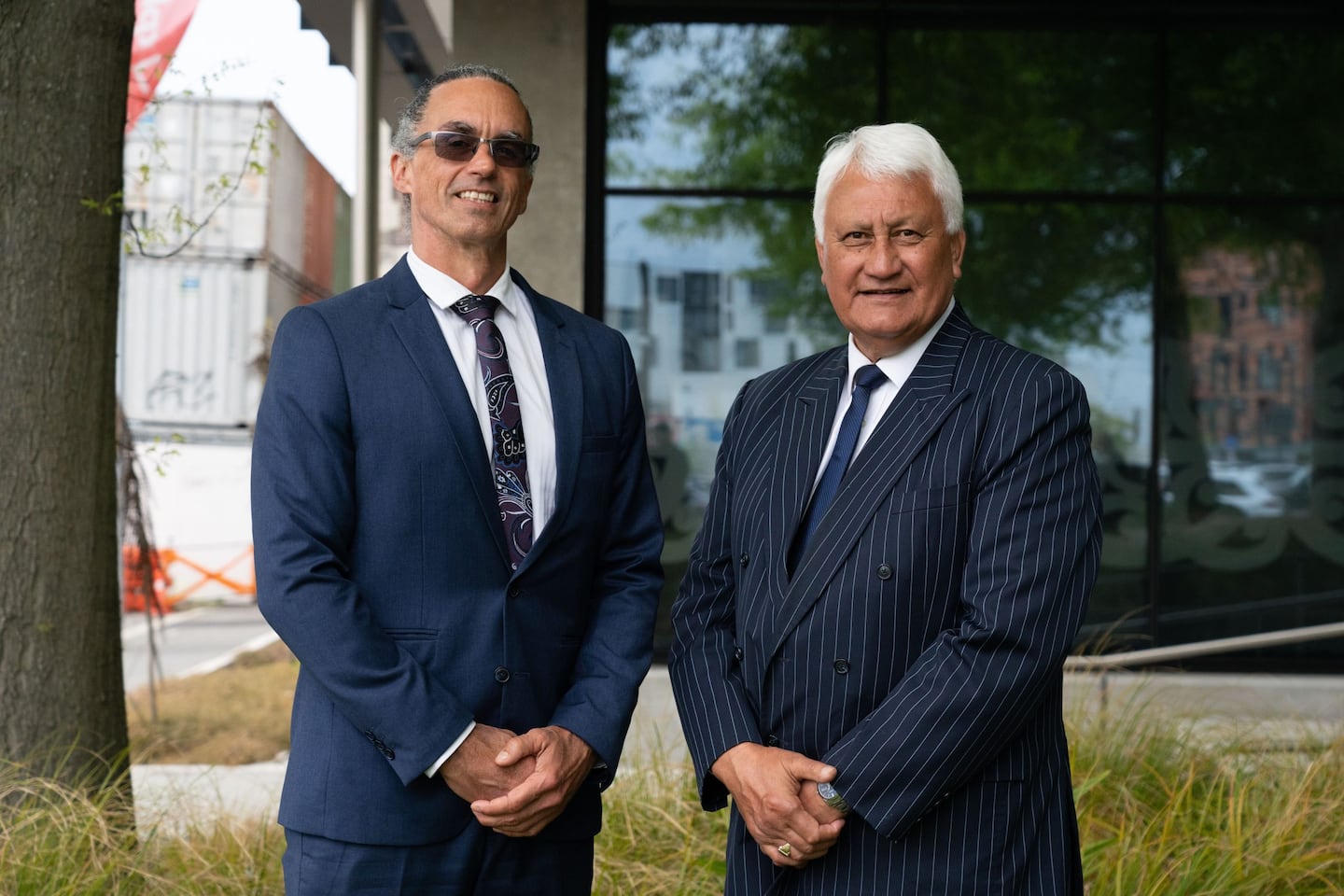Environment Canterbury (ECan) has rejected a request from the government to remove Ngāi Tahu representation at the council table.
Regional councillors voted to retain the Ngāi Tahu councillors at a meeting on Wednesday, declining a request from Local Government Minister Simeon Brown to repeal the Canterbury Regional Council (Ngāi Tahu Representation) Act 2022 by putting forward a local bill.
The act followed a previous local bill put forward by ECan.
The decision followed consultation with Te Rūnanga o Ngāi Tahu and the 10 Papatipu Rūnanga chairs.
In a deputation to Wednesday’s meeting, Te Rōpū Tuia (a joint committee of Papatipu Rūnanga and councillors) co-chair Dr Liz Brown said the government was “not demonstrating excellence” in its Treaty commitments.
‘‘The government has forgotten that Ngāi Tahu was invited to the council table by the previous National government in 2010.’’
Ngāi Tahu commissioners and councillors were appointed by previous National governments in 2010, 2013 and 2016.
The council then appointed two Te Tumu Taiao (cultural advisors) in 2020, without formal voting rights.
The passing of the legislation by the previous Labour government two years ago established the arrangement “on a more permanent footing,” Brown said.
Ngāi Tahu elected its first two councillors, Iaean Cranwell and Tutehounuku Korako, in October 2022.
Dr Brown said the Ngāi Tahu councillors provided multiple benefits including improving engagement between the council and Papatipu Rūnanga and improved decision-making.
“No one lost their seat because Ngāi Tahu was invited to the table... and the strength of the collective has grown.”
Chairperson Peter Scott said having Ngāi Tahu representation around the council table had saved ratepayers’ money.
“It makes sense to us. We have been doing this since 2010.
“‘We debated this [in the last council term] and came to the conclusion it was the most judicial, cost effective and best value for our ratepayers in allowing us to achieve our commitments to engage with mana whenua.”
Deputy chairperson Craig Pauling said having the Tumu Taiao was not satisfactory, as the advisors were unable to vote.
“We were very lucky that our Tumu Taiao humbled themselves to come and join us without the ability to vote.
“We had to do the local bill because the Local Government Act didn’t allow them to vote.’’
Pauling also supported having representation for other Māori living in Canterbury.
North Canterbury councillors Grant Edge and Claire McKay both supported the recommendation to reject Minister Brown’s request.
Cr Edge said there has been “some ill-informed commentary” about Ngāi Tahu representation.
“This is Canterbury’s act, put forward by democratically elected councillors.”
Cr McKay said the relationship between ECan and Ngāi Tahu had come a long way since 2010 but there was still room for improvement.
The only councillor to oppose the recommendation was David East.
“I am not fundamentally opposed to Māori representation, but I believe it needs to be voted on by the region as a whole.”
Cranwell and Korako chose to reserve their right to speak until after the recommendation had been voted on.
Cr Scott will now write to Brown to inform him of the decision.
LDR is local body journalism co-funded by RNZ and NZ On Air.


